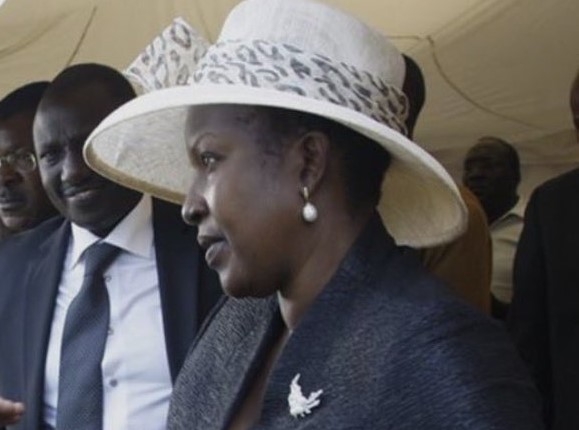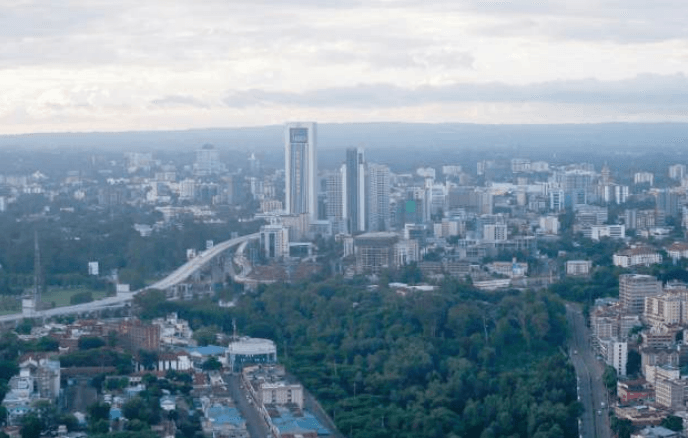
Recent news articles
reported that Kenya’s flower exports have dipped — not because of fading
demand, but because of a shortage in air freight capacity.
The message is clear:
it’s time to rethink how we move our blooms. Shifting toward rail and sea
transport isn’t just a greener alternative; it’s also more cost-effective.
The Netherlands and
Kenya are already rolling up their sleeves to build up and develop this “cool
logistics” chain — one that keeps products fresh throughout transit.
The flower trade
between Kenya and the Netherlands is one of the strongest and most influential
partnerships in global horticulture.
Kenya ranks among the
world’s top flower exporters, particularly of roses, while the Netherlands
remains the world’s largest flower importer.
Together, the two countries form the beating
heart of the international flower market — a bond celebrated earlier this year
when King Willem-Alexander and Queen Máxima visited a flower farm and the
Inland Container Depot in Naivasha.
But the industry faces
turbulence. Air carriers have shifted capacity toward more lucrative routes,
while instability in the Red Sea disrupts sea freight. Quick fixes don’t exist,
but waiting it out isn’t an option either.
The Netherlands
believes firmly in sea freight as a sustainable, long-term solution. With
growing export volumes of flowers and avocados — sea freight is becoming
increasingly viable.
To unlock this
potential, developing reliable transport corridors in and beyond Kenya is
vital.
Investing in cold
chain infrastructure and logistics not only strengthens agri-trade but also
boosts food security and supports smallholder farmers.
That’s why the
Netherlands is spearheading bankable projects in port development, cold
storage, and consolidation centers.
In the short term,
however, air freight remains necessary. Allowing additional cargo flights
during peak seasons could help the industry seize high market demand.
Yet, transport isn’t
the only hurdle. Business climate and phytosanitary policies continue to put
pressure on the sector, one that operates 24/7 and sustains hundreds of
thousands of jobs.
While private investors expand flower farms,
diversify beyond roses, and embed sustainability, government action must keep
pace.
Improving the business environment and
supporting smaller entrants into the sector will help diversify and
future-proof the industry. Empower companies to grow — not give up.
The flower trade’s
future extends well beyond Europe. Emerging markets in Asia and the Middle East
are blossoming with opportunities for Kenyan exporters. For Kenya, success
depends on innovation, reliability, and maintaining its reputation as an
attractive place to do business.
With decades of
experience in horticulture, logistics, and sustainable trade, the Netherlands
remains a steadfast partner. The next chapter of this success story depends on
collaboration.
From government
agencies and transport firms to growers and service providers — it’s time to
bring everyone to the same table, identify the bottlenecks, and tackle them
together.
Because the flower
trade will bloom, if we choose to make it grow.
Henk Jan Bakker is the Ambassador of the Netherlands to Kenya. Contact: [email protected]











